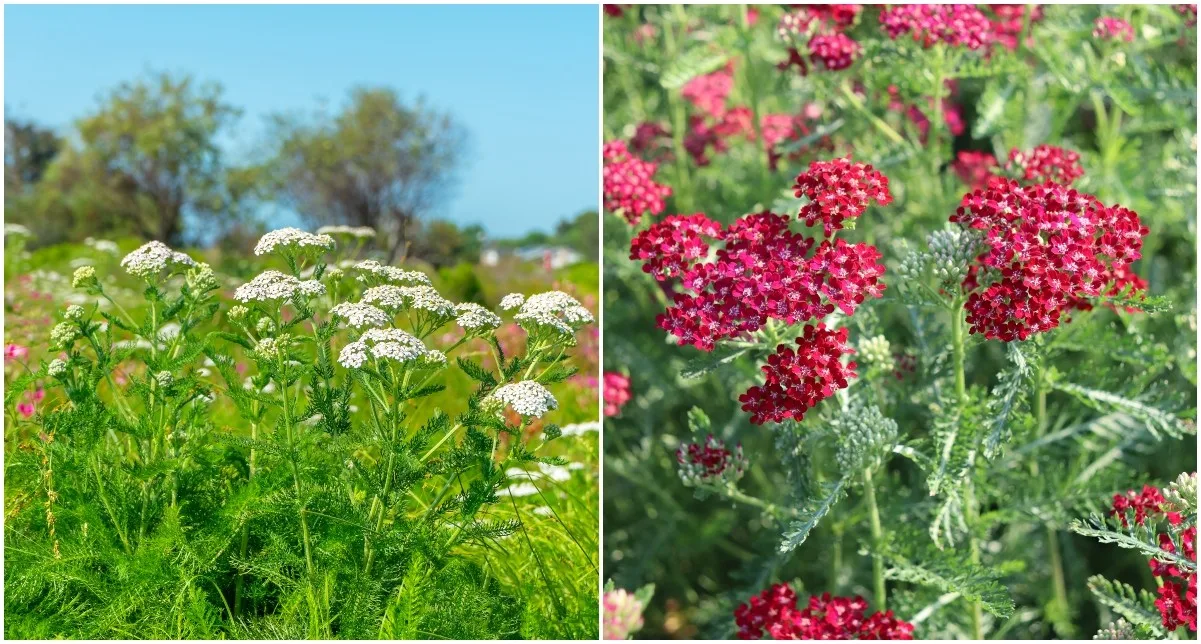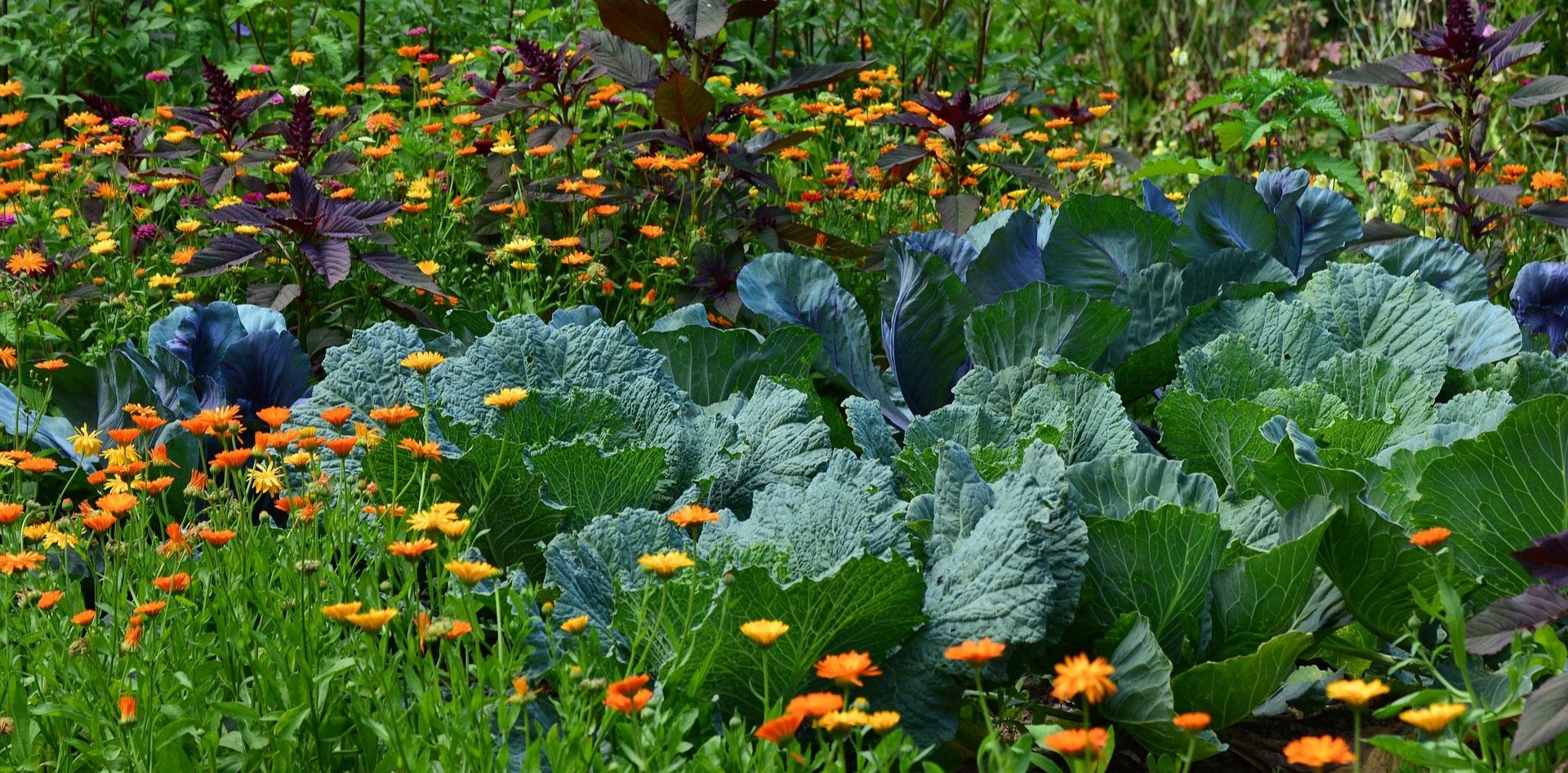Clover Companion Plants: The Ultimate Guide To Growing A Healthy Garden
Clover Companion Plants: The Ultimate Guide to Growing a Healthy Garden
Clover is a nitrogen-fixing plant that is often used as a cover crop or groundcover. It is a beneficial plant for the garden because it can improve soil health, attract pollinators, and repel pests. But did you know that clover can also be used as a companion plant?
Companion planting is the practice of planting different plants together in order to benefit each other. When you plant clover with the right companion plants, you can create a more productive and healthy garden.
In this guide, we will discuss the best companion plants for clover. We will also cover the benefits of companion planting and how to get started.
Benefits of Companion Planting with Clover
There are many benefits to companion planting with clover. Here are a few of the most important:
- Improved soil health: Clover is a nitrogen-fixing plant, which means that it can add nitrogen to the soil. This can help to improve the fertility of your soil and make it more productive.
- Attraction of pollinators: Clover is a popular flower for pollinators, such as bees and butterflies. These pollinators are essential for a healthy garden, as they help to pollinate plants and produce fruit.
- Repulsion of pests: Clover can help to repel pests, such as aphids and cabbage moths. This can help to protect your plants from damage and reduce the need for pesticides.
- Increased yields: Companion planting with clover can help to increase the yields of your crops. This is because clover can improve the soil health and attract pollinators, which can both contribute to a more productive garden.
How to Choose Companion Plants for Clover
When choosing companion plants for clover, there are a few things to keep in mind. First, you need to consider the needs of your clover plants. Clover prefers full sun and well-drained soil. It is also a relatively low-maintenance plant.
Once you know the needs of your clover plants, you can start to choose companion plants. Some good companion plants for clover include:
- Carrots: Clover can help to improve the flavor of carrots.
- Lettuce: Clover can help to repel aphids, which can damage lettuce plants.
- Peas: Clover can help to improve the nitrogen content of the soil, which can benefit peas.
- Strawberries: Clover can help to suppress weeds and improve the drainage of the soil, which can benefit strawberries.
How to Plant Clover with Companion Plants
To plant clover with companion plants, you will need to choose a location that gets full sun and has well-drained soil. Once you have chosen a location, you can amend the soil with compost or manure.
Then, you can plant your clover seeds. Clover seeds are typically sown in the spring or fall. Once you have planted your clover seeds, you will need to water them regularly.
The companion plants can be planted at the same time as the clover seeds, or they can be planted after the clover seeds have germinated.
Conclusion
Clover is a beneficial plant that can be used in a variety of ways in the garden. When you plant clover with the right companion plants, you can create a more productive and healthy garden.
I hope this guide has helped you to learn more about clover companion plants. If you have any questions, please feel free to leave a comment below.
Clover is a versatile plant that can be used in a variety of ways in the garden. It is a nitrogen-fixing legume, which means that it can help to improve the soil quality of your garden. Clover can also be used as a groundcover, a living mulch, or a forage crop.
When choosing companion plants for clover, it is important to consider the specific needs of your garden. Some good companion plants for clover include:
- Tomatoes: Clover can help to deter pests that damage tomatoes, such as aphids and flea beetles.
- Strawberries: Clover can help to improve the drainage of soil around strawberries, and it can also help to suppress weeds.
- Brassicas: Clover can help to attract beneficial insects that prey on pests that damage brassicas, such as cabbageworms and loopers.
For more information about clover companion plants, please visit Gardenia Inspiration. This website provides a comprehensive list of companion plants for clover, as well as information about the benefits of companion planting.
FAQ of clover companion plant
Q: What are the best companion plants for clover?
A: Some of the best companion plants for clover include:
- Cabbage: Clover attracts the predators of cabbage pests, such as cabbageworms and cabbage loopers. This can help to reduce insect damage to your cabbage plants.
- Strawberries: Clover helps to suppress weeds and improve the soil structure around strawberries. It can also help to attract pollinators, which will help to increase your strawberry yields.
- Blueberries: Clover helps to improve the soil pH around blueberries, which is important for their growth. It can also help to suppress weeds and improve the drainage of the soil.
- Tomatoes: Clover helps to improve the nitrogen content of the soil around tomatoes. This can help to improve the growth and productivity of your tomato plants.
- Peppers: Clover helps to suppress weeds and improve the drainage of the soil around peppers. It can also help to attract pollinators, which will help to increase your pepper yields.
Q: What are the benefits of companion planting with clover?
A: There are many benefits to companion planting with clover, including:
- Improved soil health: Clover helps to improve the soil structure and fertility. It can also help to suppress weeds and improve the drainage of the soil.
- Increased yields: Clover can help to increase the yields of your vegetable crops. It does this by improving the soil health and providing nitrogen to the plants.
- Attraction of pollinators: Clover attracts pollinators, such as bees and butterflies. This can help to increase the pollination of your vegetable crops, which will lead to higher yields.
- Reduction of pests and diseases: Clover can help to attract the predators of pests that attack your vegetable crops. This can help to reduce the damage caused by pests and diseases.
Q: What are the conditions that clover grows best in?
A: Clover is a hardy plant and can thrive in most soils (sandy loams to clay) and conditions that range from full sun to partial shade. However, it does best in well-drained soil that is rich in organic matter.
Q: How do I plant clover as a companion plant?
A: To plant clover as a companion plant, simply sow the seeds in the spring or fall. The seeds should be sown about 1/4 inch deep and 1 inch apart. Clover will germinate in about 1-2 weeks.
Image of clover companion plant
5 different images of "clover companion plant" from Pinterest:
- Yarrow is a good companion plant for clover because it attracts beneficial insects, such as ladybugs and hoverflies. It also helps to suppress weeds.

- Chrysanthemum is another good companion plant for clover. It helps to repel pests, such as aphids and spider mites. It also helps to improve the drainage of the soil.
- Lavender is a popular companion plant for clover because it helps to repel pests, such as mosquitoes and moths. It also helps to attract pollinators, such as bees and butterflies.

- Marigold is a good companion plant for clover because it helps to repel nematodes, which are pests that can damage the roots of clover plants. It also helps to improve the drainage of the soil.

- Basil is a good companion plant for clover because it helps to repel pests, such as aphids and whiteflies. It also helps to improve the flavor of clover plants.


Post a Comment for "Clover Companion Plants: The Ultimate Guide To Growing A Healthy Garden"